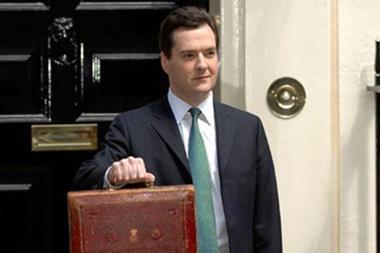The Association of Convenience Stores’ recommendations to government on business rates reform include reducing the revaluation period to every three years and exempting the smallest properties.
In its submission, the ACS highlights the inherent issues in the rates system that penalise retailers trying to expand and invest in their business.
ACS chief executive James Lowman said: “For a number of years, the business community has been calling for fundamental change to the way that rates are calculated and administered.
“We believe that local shops should benefit from the review, with the smallest retail premises being taken out of paying rates altogether, fairer valuations for petrol forecourts and cash machines and more frequent valuations overall to ensure that rates closely reflect property values.”
It has proposed the following measures to reform the business rates system:
- Change the revaluation period to every three years (currently five), ensuring that rates bills closely reflect changes in the property market and the wider economy
- Remove more businesses from the rating list altogether to reduce the burden on the VOA by exempting the smallest properties
- Take investments made by businesses out of the calculation for valuing properties, rather than improvements adding to rateable values.
- Remove free to use ATMs from the rating list completely in recognition of their importance in giving consumers access to money and encouraging spending on the high street
- Review the system used to determine rateable values in sectors where rental value is not fit for purpose. This would focus on addressing the disproportionate rates bills received by forecourt stores and looking at ways that online distribution centres can pay their fair share
- Allow business rates to flex more closely with the economy by removing the link with annual RPI inflation
“Convenience stores already invest millions into their stores and local communities every year, but the current rates system penalises progressive retailers through higher rates bills if they improve their premises,” Lowman added.






















2 Readers' comments